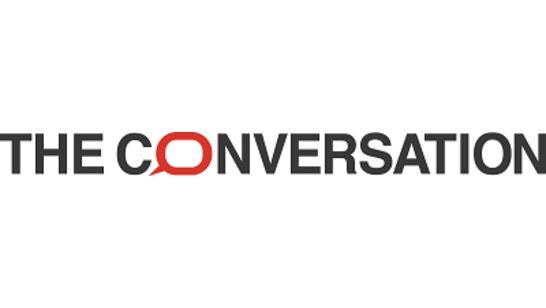
Most European countries are moving in the same direction regarding defence spending. Postmodernist ideology has wrecked support for possessing potent armed forces. The idea of fighting for the motherland has vanished from the minds of most of Europe’s youth, who do not recognize war as a legitimate instrument for defending their interests and well-being. As an historical analogy, the European state of mind is similar to those of the Hanseatic League where trade and money were considered a substitute to military power. Money is used not so much for defensive purposes but for acquiring peace and tranquillity in the immediate neighbourhood or to “buy-off” potential adversaries.
As a result, most European countries have seen drastic reductions in their respective defence budgets which have left them, with very few exceptions, only capable to act at the tactical level of military operations. The reductions of their force structures and equipment has been so profound that they cannot be considered as militarily potent, making them only adjunct in the setting up of military coalitions. Worryingly, the diminution in equipment and force structures has been translated into abandonment of military know-how, and getting it back might take years.
This trend reflects the profound convictions of European societies. As a consequence, NATO demands for increasing military budgets seem to fall on deaf ears. “European” NATO increasingly depends on only two or three statenations with significant military capabilities. A situation of profound inequalities among European members of the Alliance was explained by Daniel Cohn-Bendit, at the time a member of the Green party at the European Parliament. According to Cohn-Bendit, the Europeans tell the French and the British “we will give you nurses and you go get yourselves killed” . But even providing “nurses” (i.e. auxiliary forces) is proving to be very difficult, as exemplified by the constitutional and operational limits put by many European countries on the use of their forces in expeditionary missions.
This unfortunate state of affairs is reinforced by a growing gap between EU members in the domain of high technology applied to security and military activities. For example, in the modern world, the inability to maintain strategic awareness means blindness and impotence, not only in military affairs but also in the political, industrial and diplomatic spheres. In a country like France, intelligence gathering (incl. space-based systems) remains part of the inner core of defence posture, but the importance of developing such capabilities at the European level is not widely understood. The role of nuclear deterrence also remains crucial. A significant part of the French defence budget is invested in complex systems directly or indirectly connected with nuclear deterrence. Even if it remains outside the NATO framework, the French nuclear capability, as well as the UK’s, contributes to the Alliance’s deterrent power.
How can NATO, as such, redress the appalling situation around European military capabilities? In a sense, NATO may be part of the problem. It has been instrumental in contributing to strategic irresponsibility on the part of many EU countries, which have grown excessively confident that the Alliance will always guarantee their security. After all, the United States spends more on defence than the next eight countries (China, Russia, France, the UK, Germany, India, Japan and Saudi Arabia) combined. So why bother about military affairs? The US with its military might will be there to protect them.
Such an attitude has given birth to a duplicitous policy. Each statenation with depleted arsenals and diminishing forces pays lip service to the NATO mantra, especially on the occasion of NATO summits. These gatherings are becoming highly ritualized and one can almost anticipate the road leading to the final communiqué: NATO’s Secretary General warns of the insufficient defence expenditures of most members, warns about dangers in NATO’s vicinity, and warns that this could have dramatic effect on Capitol Hill. At the end of the day, however, solutions are found and enunciated under a catchphrase: Defence Capabilities Initiatives (1998), Prague Capabilities Commitments (2002), Smart Defence (2011). The story was repeated at the occasion of the 2014 NATO Wales Summit.
The moments of collective agreement on financial pledges are usually followed by national budgetary processes which contradict commitments taken within the NATO format. This gloomy reality is confirmed by the constant lessening of most European states’ military capabilities since 1998.
Pressure from the Alliance (i.e. Secretary General, or Military Committee) has a very limited impact on national decision-making processes. NATO apparatus remains a technocratic and un-elected body, while the democratically elected executive and legislative actors in Europe have to address and arbitrate, in the absence of an immediate military danger, between different social, security and financial concerns. Today, priority is given to meet social demands and solve the consequences of the economic crisis that exist currently in Europe, with 24 million unemployed. This is the reality which cannot be changed by NATO statements alone.
The opinions articulated above represent the views of the author(s), and do not necessarily reflect the position of the European Leadership Network or any of its members. The ELN’s aim is to encourage debates that will help develop Europe’s capacity to address the pressing foreign, defence, and security challenges of our time.



